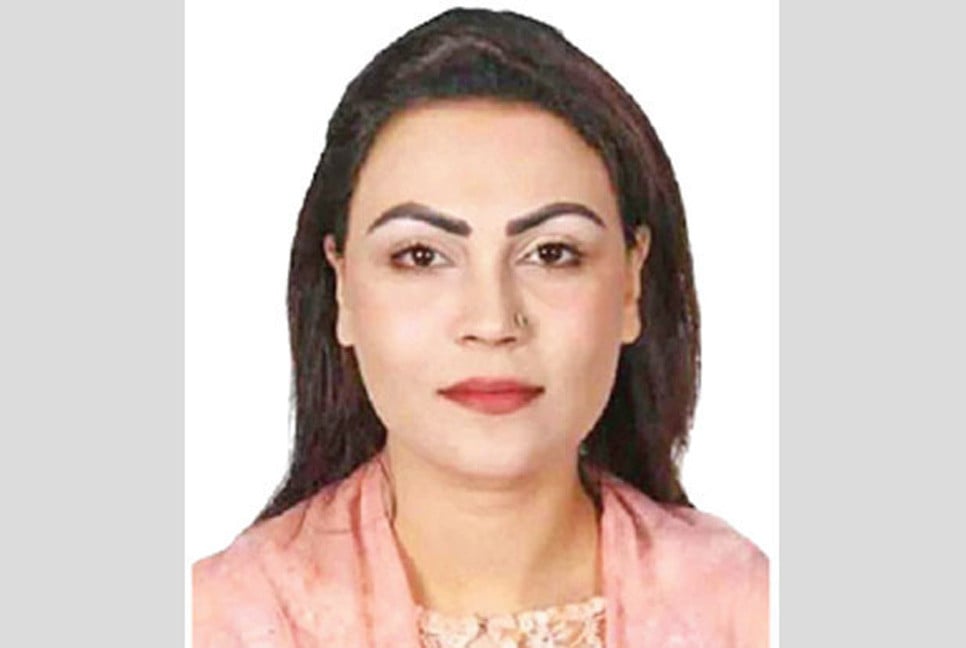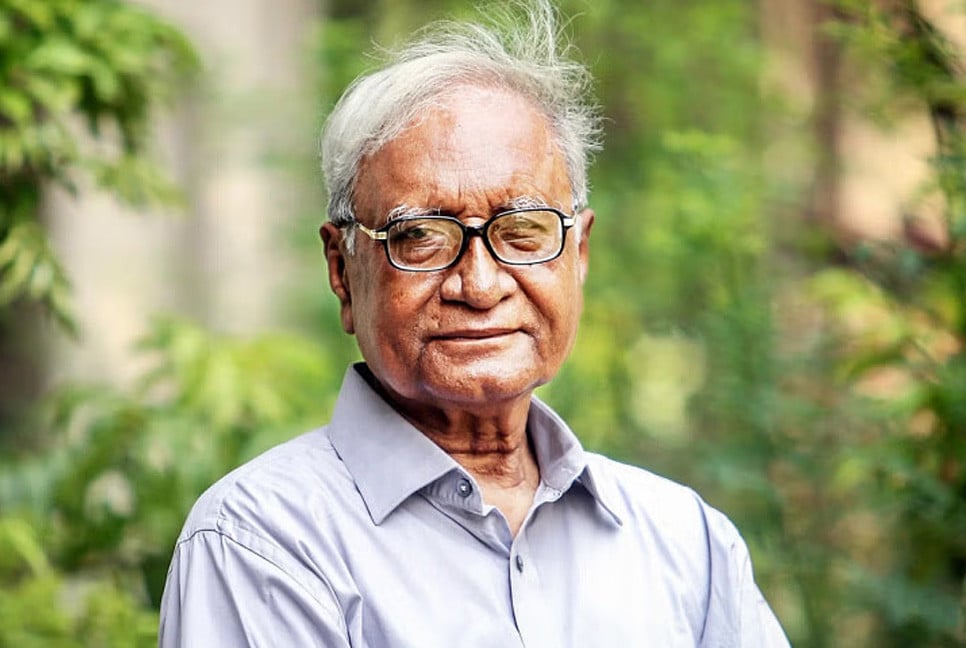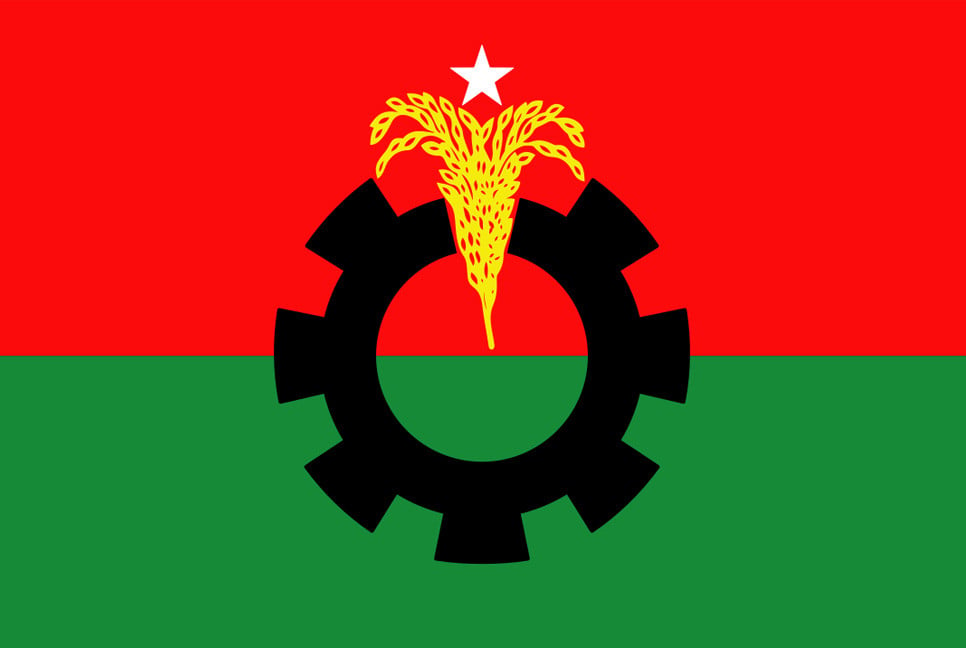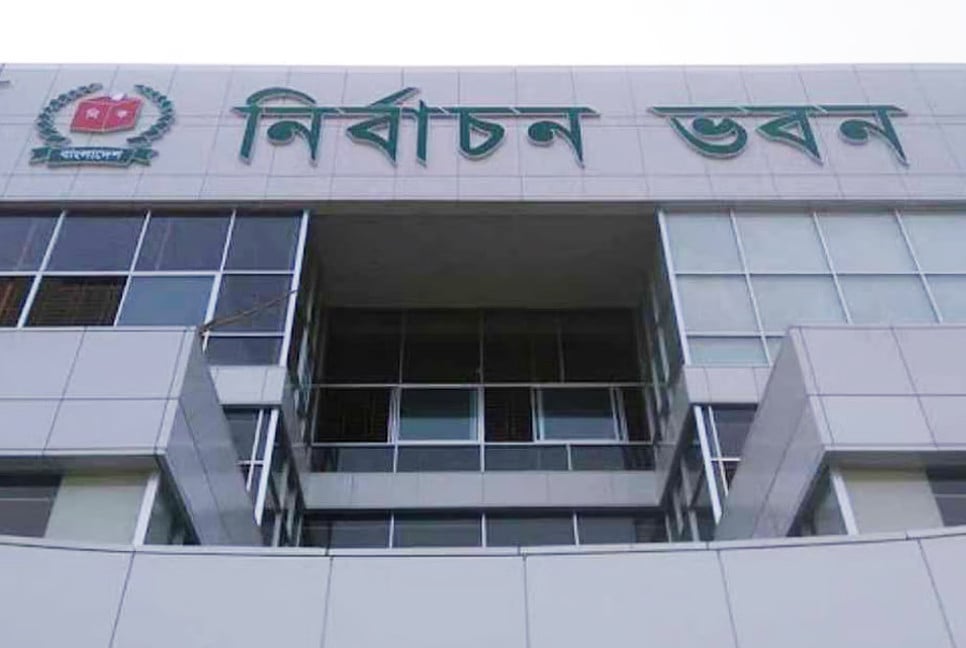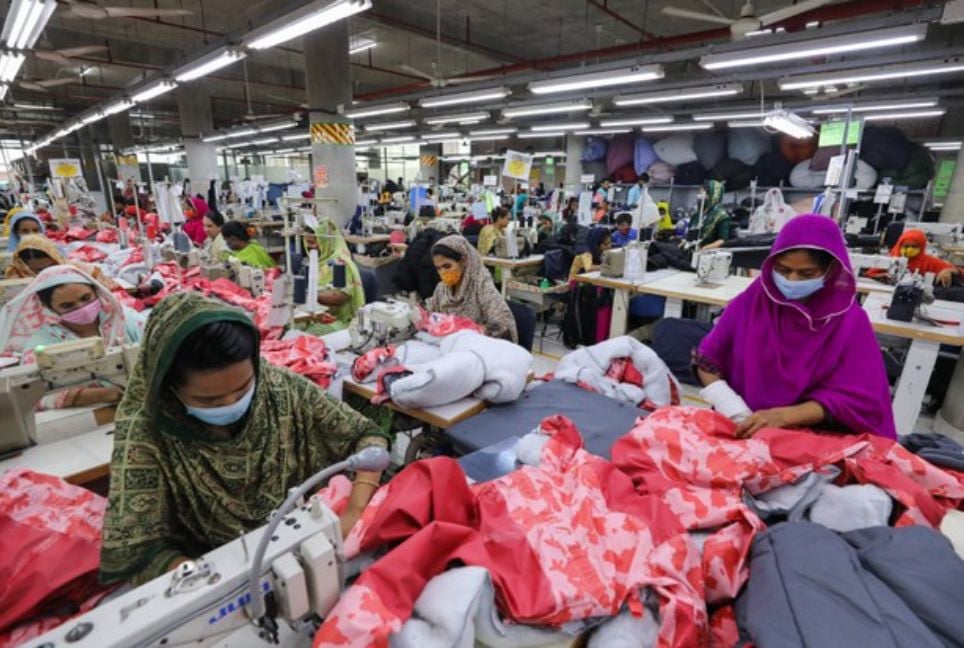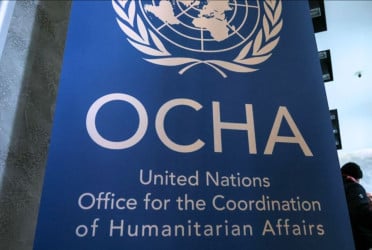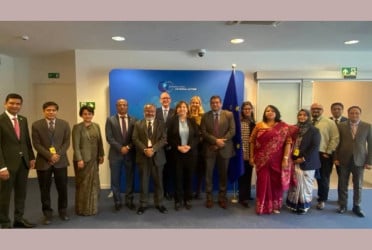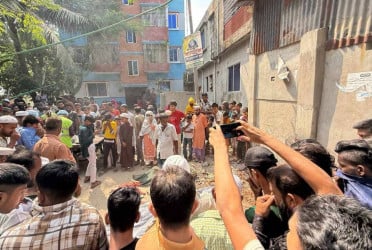A growing number of Bangladeshis are facing serious challenges as fingerprint recognition failures increasingly disrupt their access to essential services such as passports, visas, national identity cards, and even mobile SIM registration.
Rajib Hasan (20), a resident of Jatrabari in the capital, came for a visa for Saudi Arabia. When he went to the visa application center, he saw that his fingerprint recognition failed in the machine. Rajib said that they turned me away after trying for a long time when the fingerprint recognition failed. I applied for a visa three times in this way and returned because the fingerprint recognition failed. Since there was no alternative, they turned me away, advising me to get treatment. I faced the same problem not only when applying for a visa but also for a national identity card and passport.
Like Rajib, many people are suffering because their fingerprint recognition failed. Starting from buying a national identity card, passport, visa, banking activities, mobile SIM, to daily presence at work and even to activate various devices like mobile phones, fingerprints are required. But many people are facing difficulties because their handprints are not working.
Doctors said that the hands are the most used part of the body. Due to professional reasons or daily work, the hands are always subject to friction. It is very difficult for those who drive cars for a long time, work in factories, are masons, carpenters, and do housework to have normal skin on their hands.
Apart from this, due to various congenital diseases, handprints do not work. The skin is also damaged due to various skin diseases on the hands. Patients who have accidents such as cuts or burns on their hands are also victims of this suffering.
Professor Dr. Ahmed Ali, former head of the Department of Dermatology and Venereology at Shaheed Suhrawardy Medical College, told Bangladesh Pratidin, “Numerous patients who cannot get handprints often come to us. This is also due to the use of hands for occupational reasons and various skin diseases on the hands. Very few people also have birth defects. This problem cannot be solved by using a tablet or ointment. It is not possible to say exactly how long it will take for a patient to be solved. For this reason, we give various suggestions including lifestyle changes and medicines.”
He also said that in 2020, people have developed the habit of washing their hands to avoid COVID-19 infection. Due to excessive hand washing and use of chemicals, many people are not getting their fingerprints. “Recently, the number of patients with this problem has increased a lot. But since there is no alternative to fingerprints, such as iris scans or any other system, people's suffering is not decreasing.”
Three months ago, Savar resident Selim Uddin (23) faced such suffering while trying to get a national identity card. He said, “I took all the documents to get a national identity card. But even though all my documents were in order, there was a problem with taking my fingerprints. After many attempts, they turned me away saying that I should seek medical advice. Since there was no alternative system, I have not yet received my national identity card.”
Due to the same problem, Marzia Begum (60), a resident of Dhanmondi in the capital, was uncertain about going for Umrah. Her husband Arman Hossain said, My wife also had problems with her fingerprints while getting a visa. The day before the flight, our visa agent told us that if our fingerprints were not available, we would face problems at the airports in both countries. Later, on his advice, we were able to complete the airport immigration with the certificate of a senior doctor.
Bd-pratidin English/Tanvir Raihan


